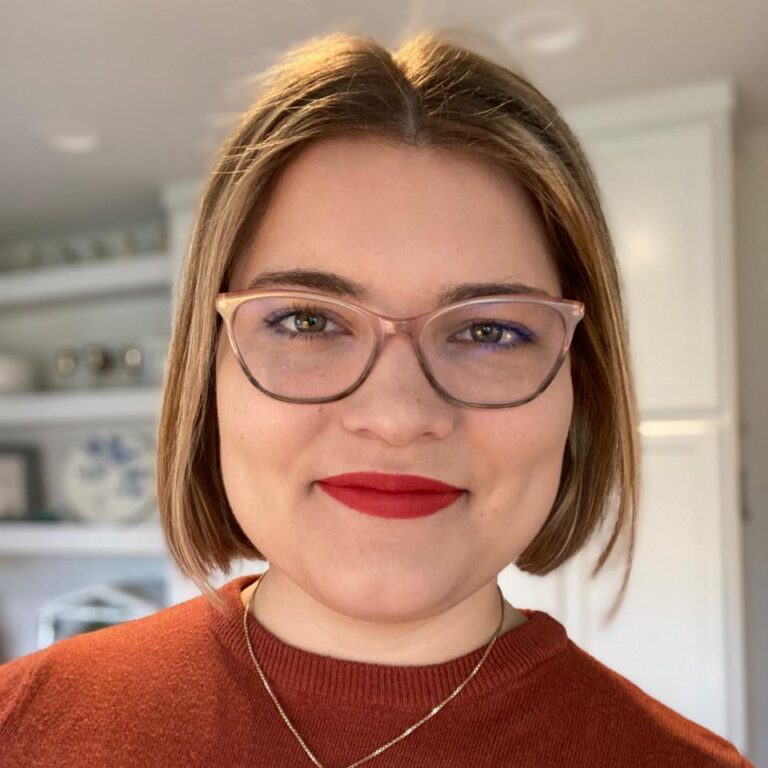There is nothing new under the sun.
In July, 2006, Hezbollah fighters fired rockets from Lebanon into Israel as a distraction from the anti-tank missile attack on two armored Humvees patrolling the Israeli side of the border. Three Israeli soldiers were killed, two were taken hostage.
Israel responded with airstrikes and artillery fire on Lebanese targets, a ground invasion of Southern Lebanon, and an air and naval blockade.
The Israel-Hezbollah War lasted thirty-four days, and left between 1,200-1,300 Lebanese people dead, as well as 165 Israelis.
In the midst of this and other such conflicts around the world, Canadian composer John Estacio, and Canadian playwright and librettist John Murrell, began to discuss the words of a new cantata, something that, as the choral score introduction says, would “plead for peace, pray for understanding, and search for hope.”
The Houses Stand Not Far Apart was debuted by choirs across Canada a year and a half later.
The imagery of the cantata is simple. Two houses, side by side, a river running in between, dividing them. The houses are “so much the same” – filled with people, with love, with dancing, with beauty…but also filled with anger, bitterness, and pride. Children are raised to hate the other house, not knowing why, but knowing that their own way of life must be protected at all costs. And so the houses are also both filled with weeping, wailing over the loss each house continues to experience.
On Saturday, I’m performing this piece as a member of the Grand Philharmonic Choir of Kitchener. Having sung the cantata in 2008, I was eager to return to the piece. It has long been one of my favourite choral works, full of moving melodies and poignant poetry.
I was unprepared for how the piece would sink into my soul over these last few weeks. I was 17 when I last sang it – my world was pretty small and uncomplicated then. I know a bit more of the tears of the world now.
As we began rehearsals in September, I was still thinking about my small corner of the world. The final movement of the piece implores, “Forgive what is so much the same and so strange.” It’s easier to forgive difference, I think, in those who are quite different from us. But with those like us, those we are close to…when there is divergence and disagreement, that divergence feels more like betrayal.
And so on Monday nights, as I rehearsed with the choir, the music swelled in me a hurt for the church. For the division that now lies between people who have grown up together, worshipped together, planted churches and started institutions together. For the bewildered anger as accusations are lobbied from one side to another. For the feelings of betrayal. There is so much the same…and yet the other seems so strange.
Then, last weekend, the Palestinian-Israeli conflict exploded. Once more, we’re left gaping in horror at the bloodshed, the anger, the hostility between these two houses, side-by-side…so much the same, and yet so strange.
And so the music takes on a different meaning as we enter concert week. Fifteen years after it was first performed, it yet pleads for peace, prays for understanding, and searches for hope. If the conflict endures, then may also our prayers endure, that the world “might find herself at last in peace.”
Below is the final movement of this cantata, performed in 2019 by the Orpheus Choir of Toronto.
The houses stand not far apart.
Surely the mind, surely the heart
could reach across that little space,
the willing hand, the smiling face
could surely reach across.
The houses stand almost the same.
A simple floor, a sturdy frame
to hold the people safe inside;
it holds them safe in fear and pride,
suspicion, doubt, and loss.
Is there no mother, no daughter or son
to reach across that little space
so that love and trust are begun?
Is there no father, no prophet or sage
to build a bridge from heart, to heart,
across which we travel as one.
May both your houses
prove strong enough to change.
Forgive the years, forgive the years,
forgive what is so much the same
and so strange.
Let fear, suspicion, and weeping cease,
and may you find yourselves at last at peace.
Let doubt, resentment, and anger cease,
and may you find yourselves at last
in peace.

